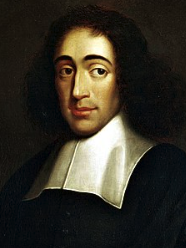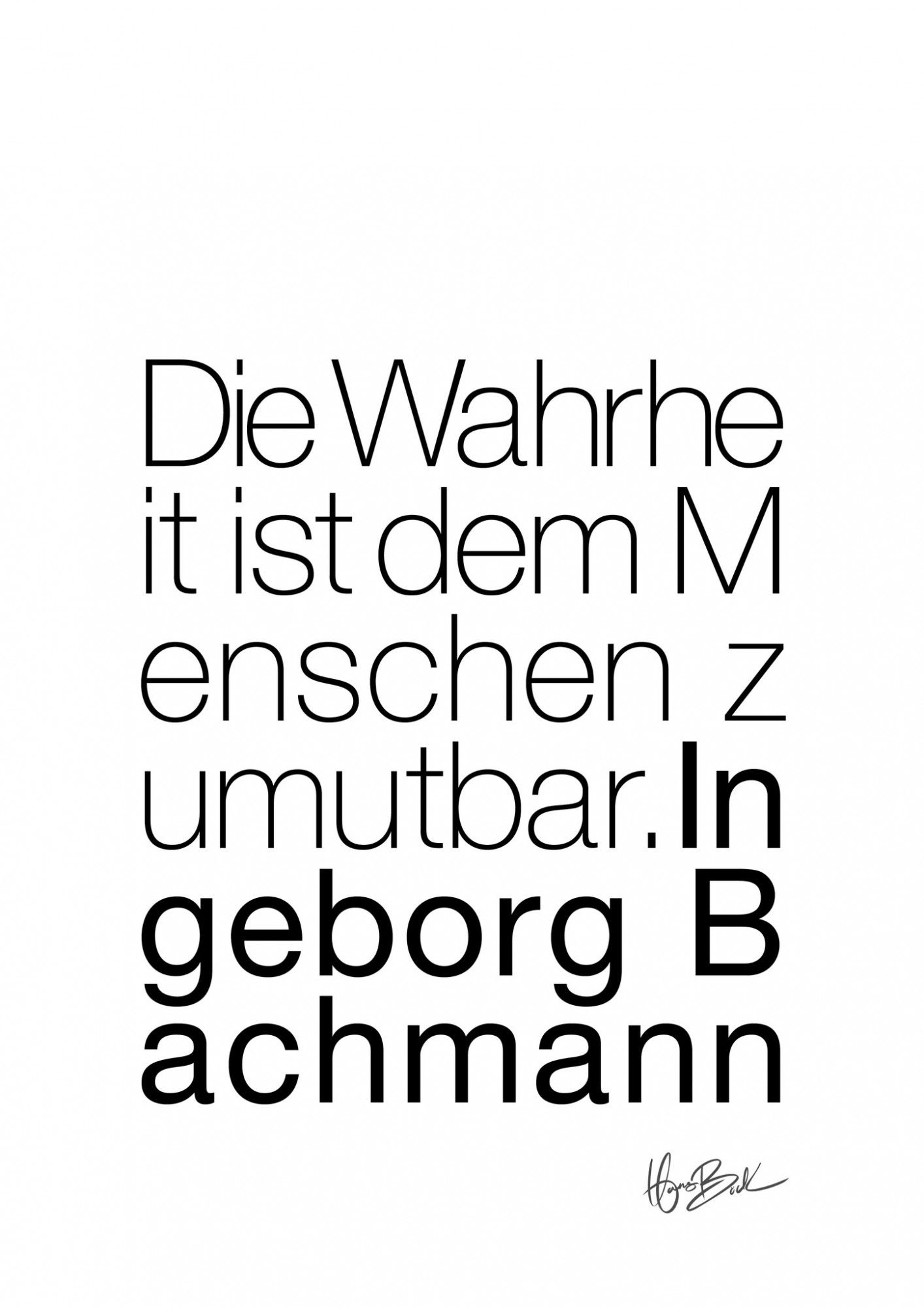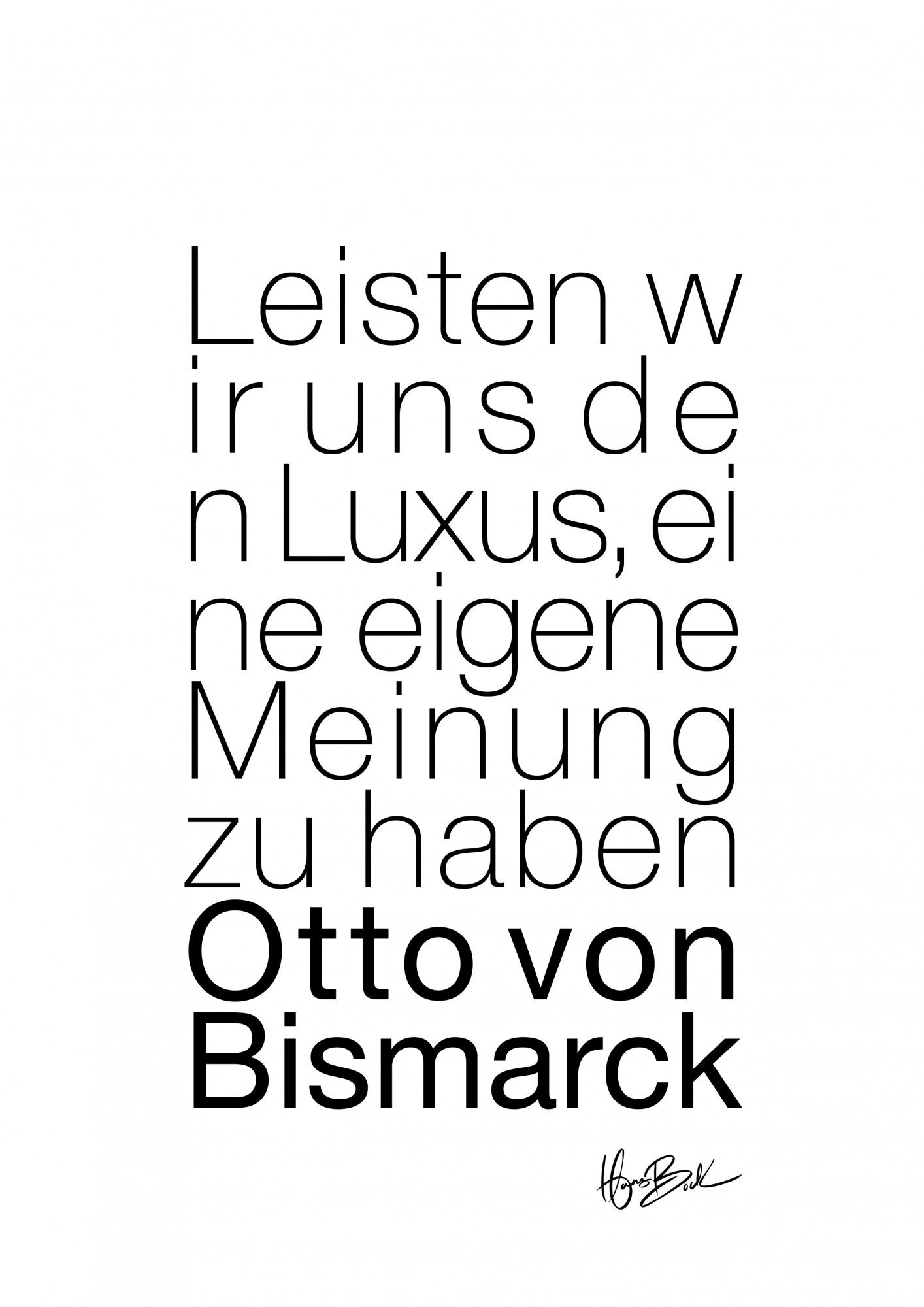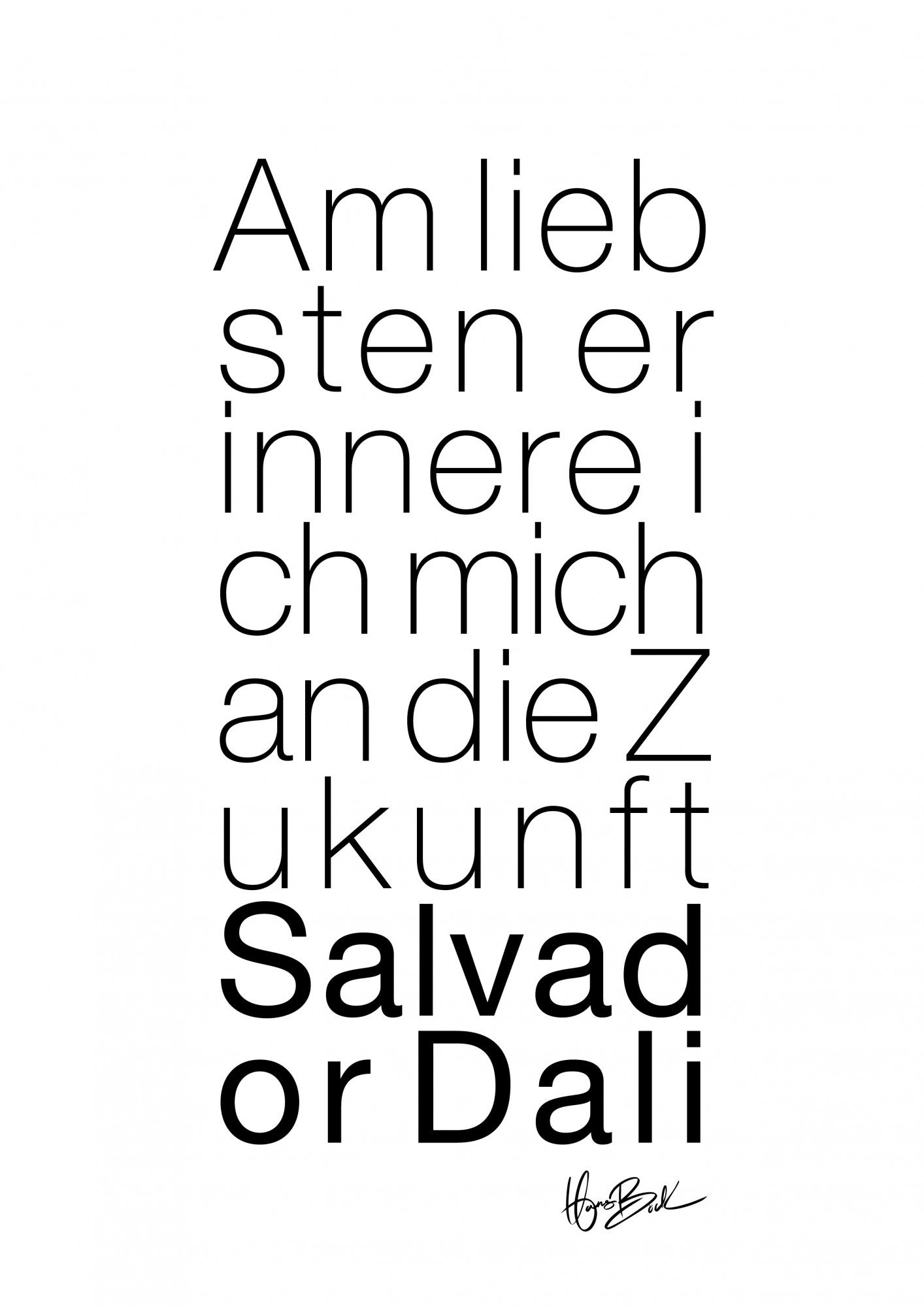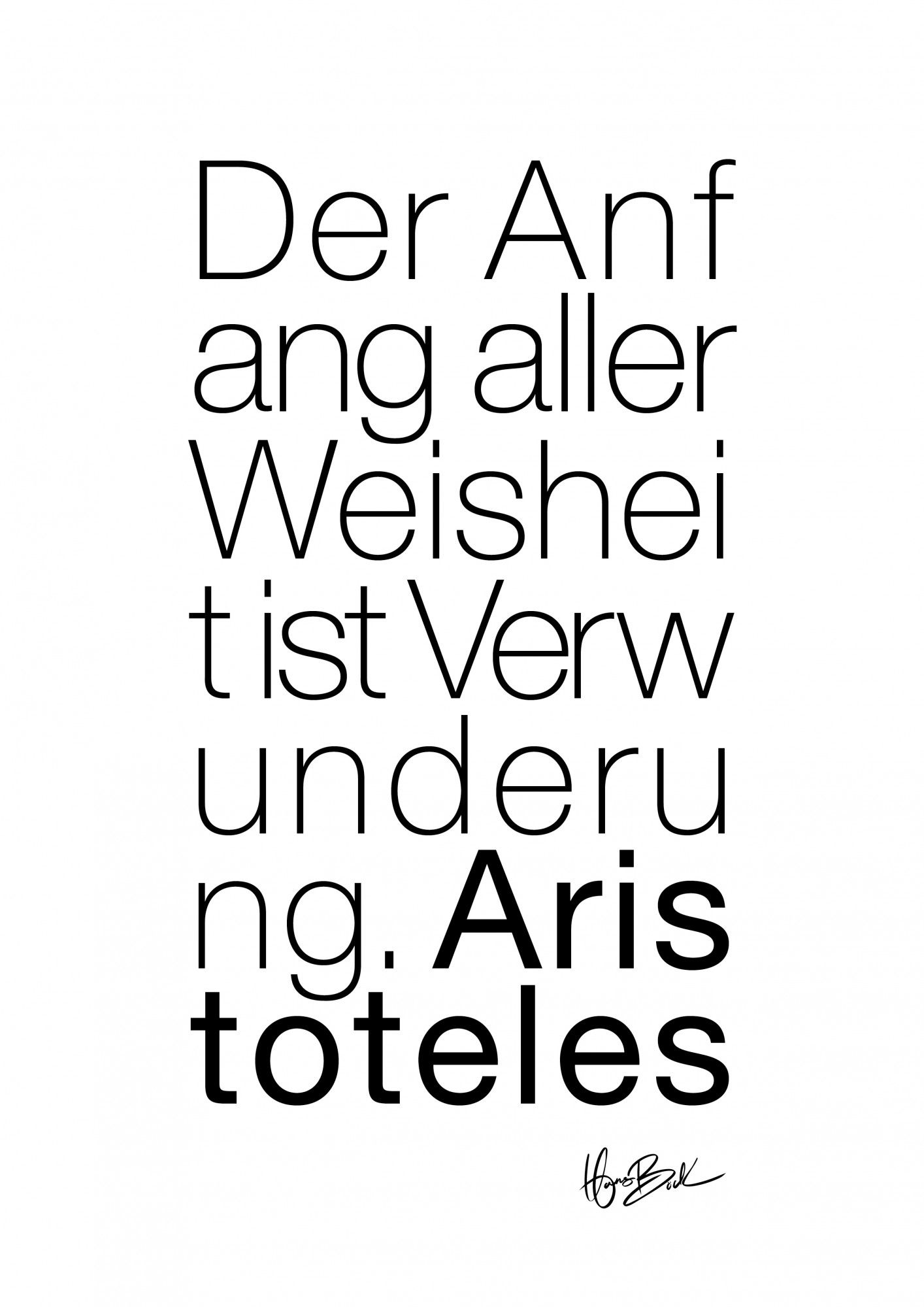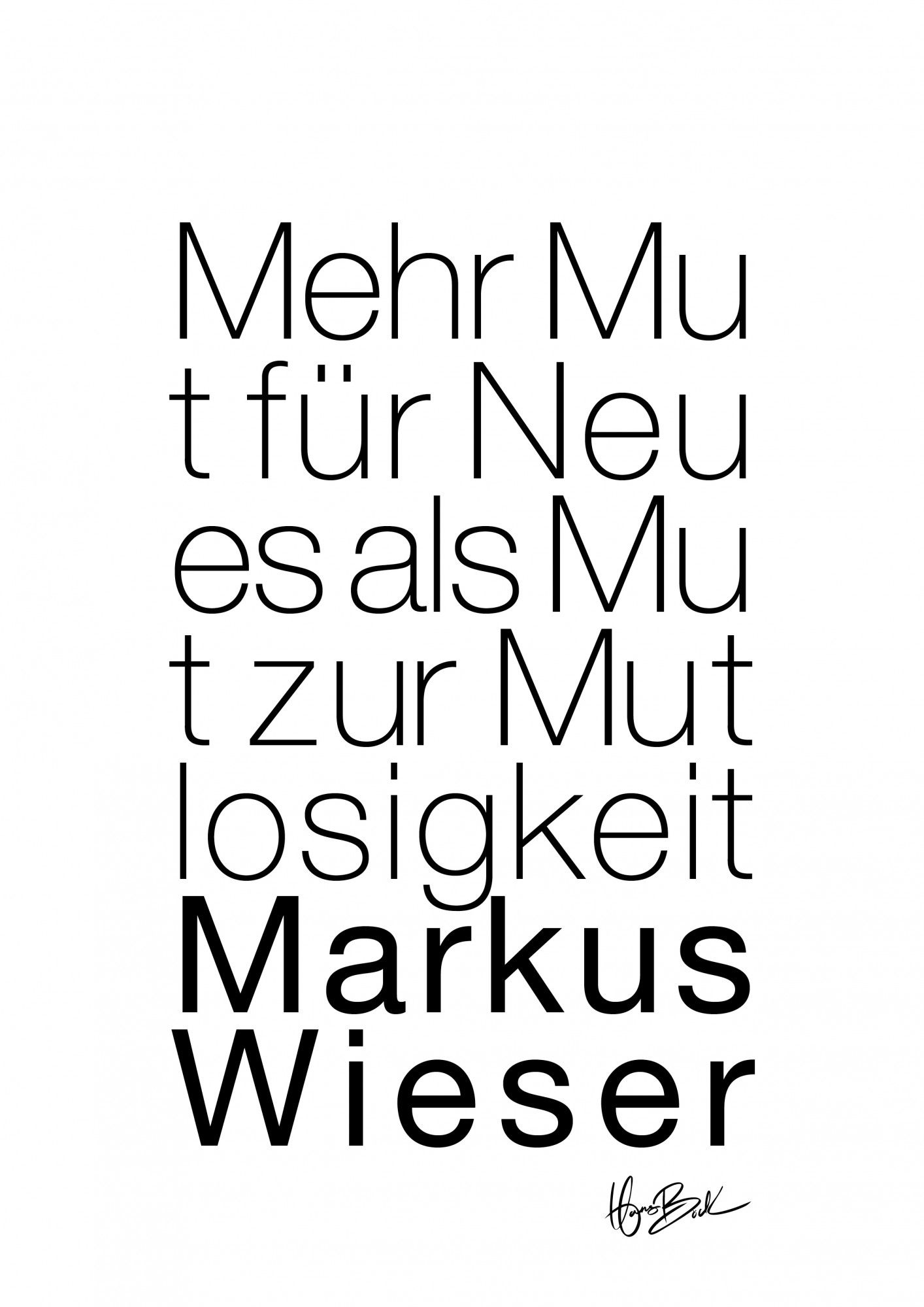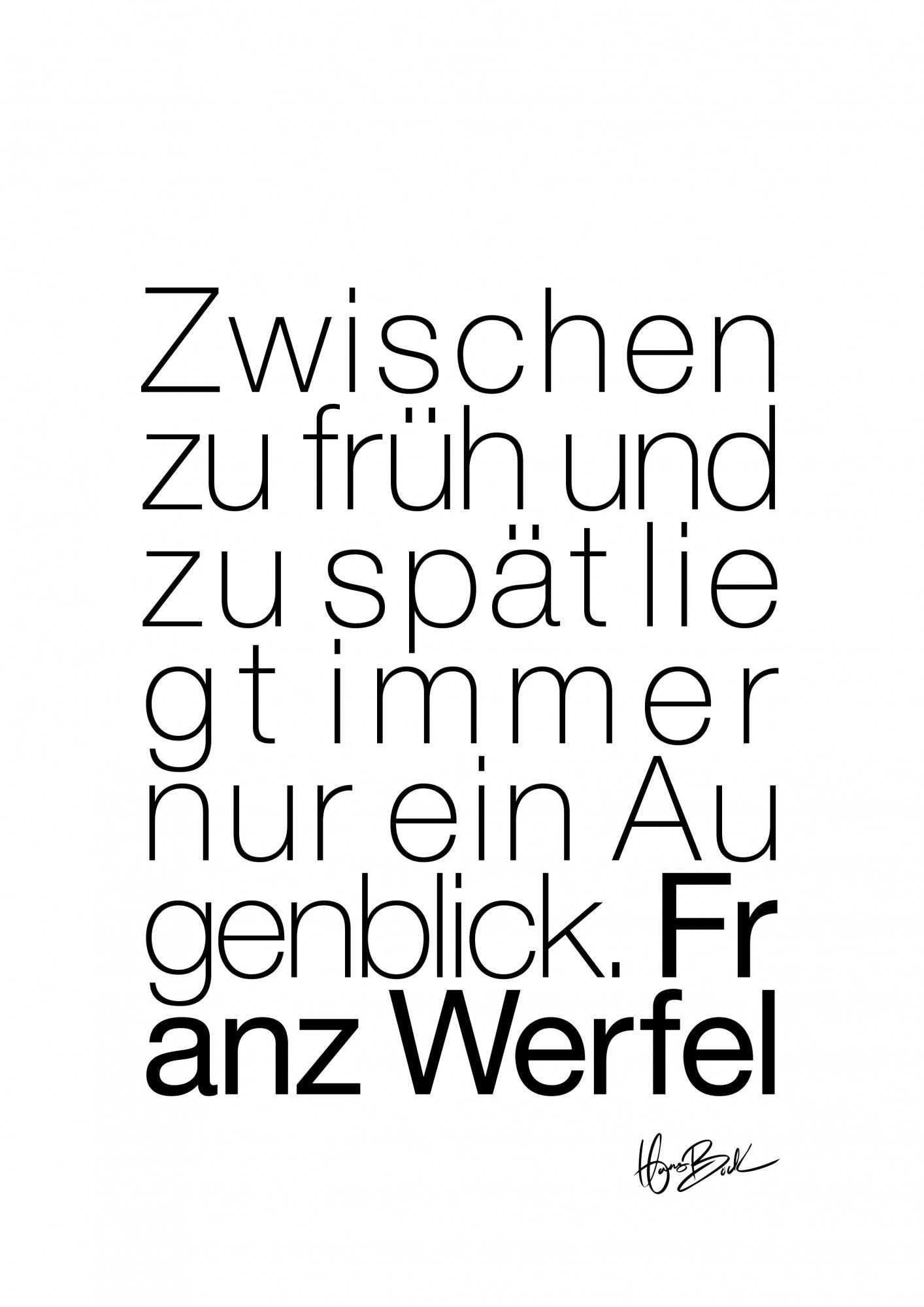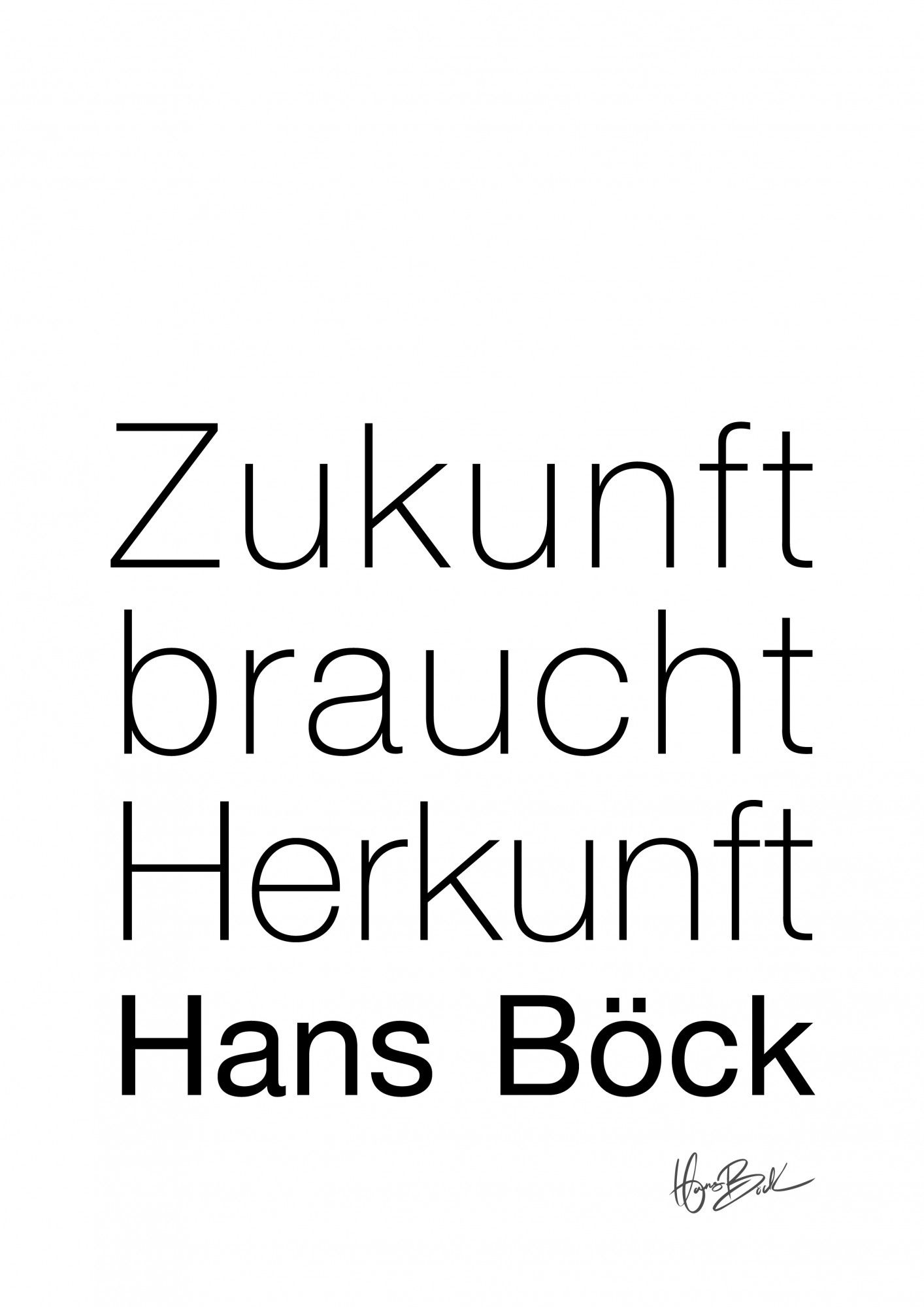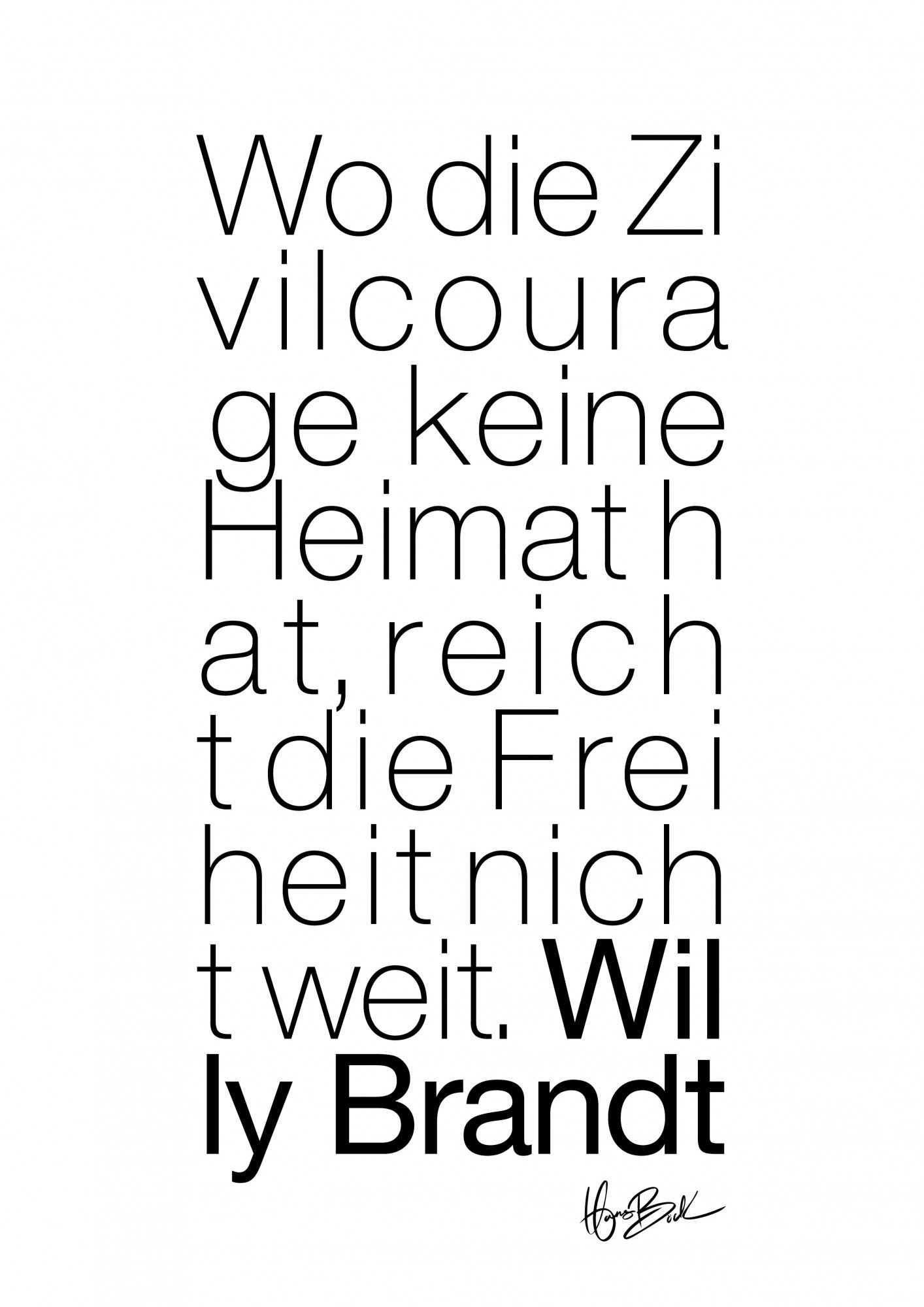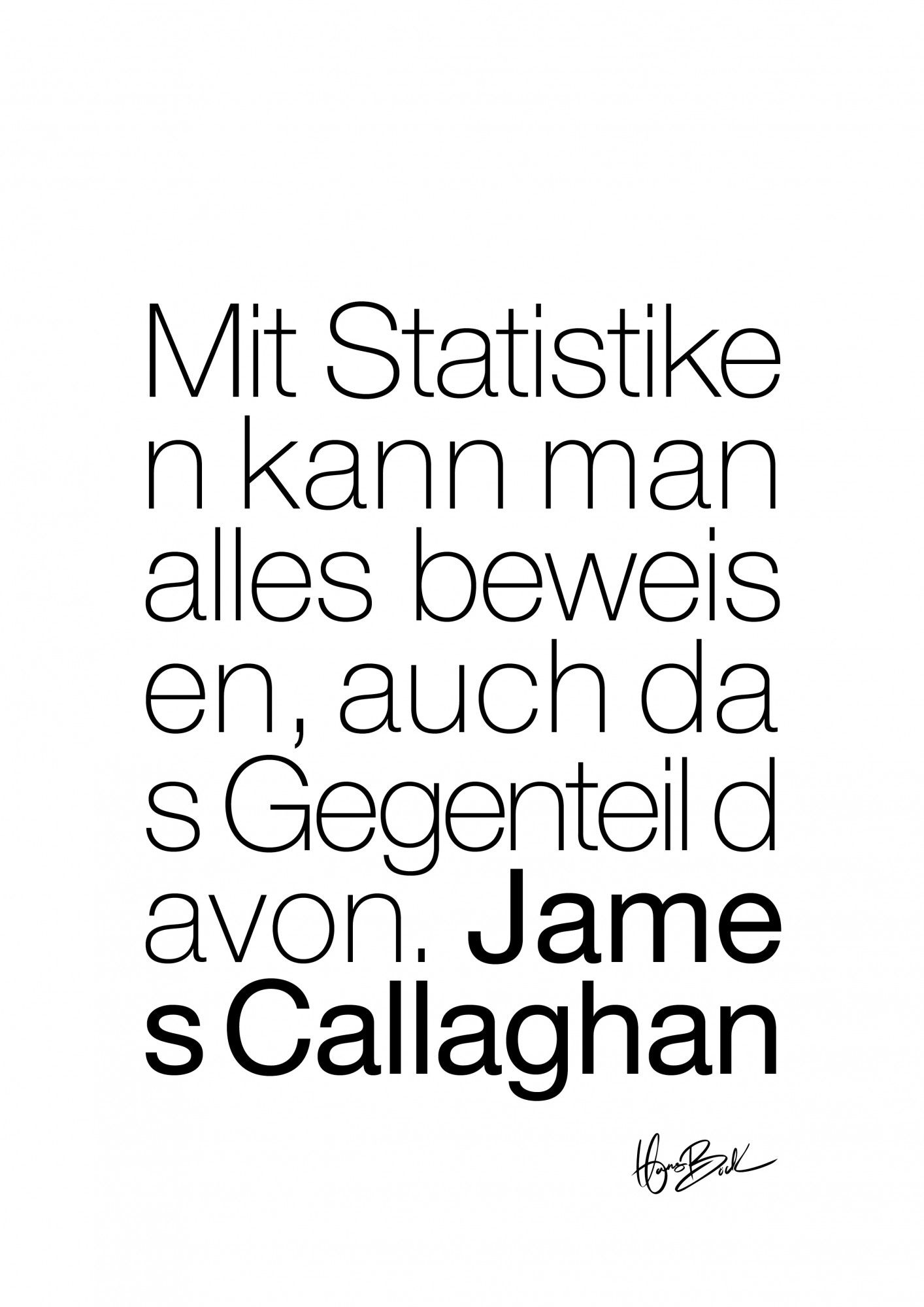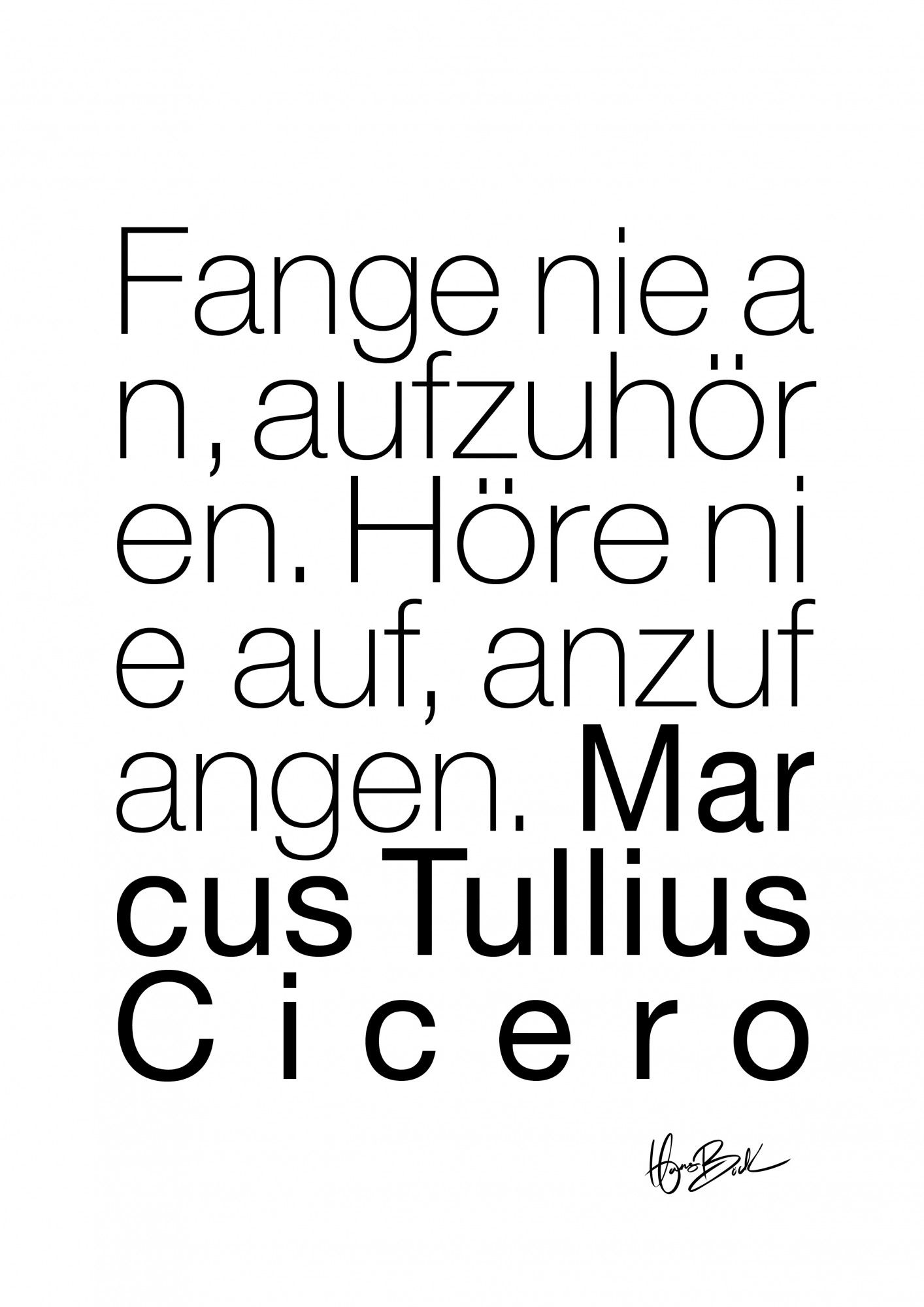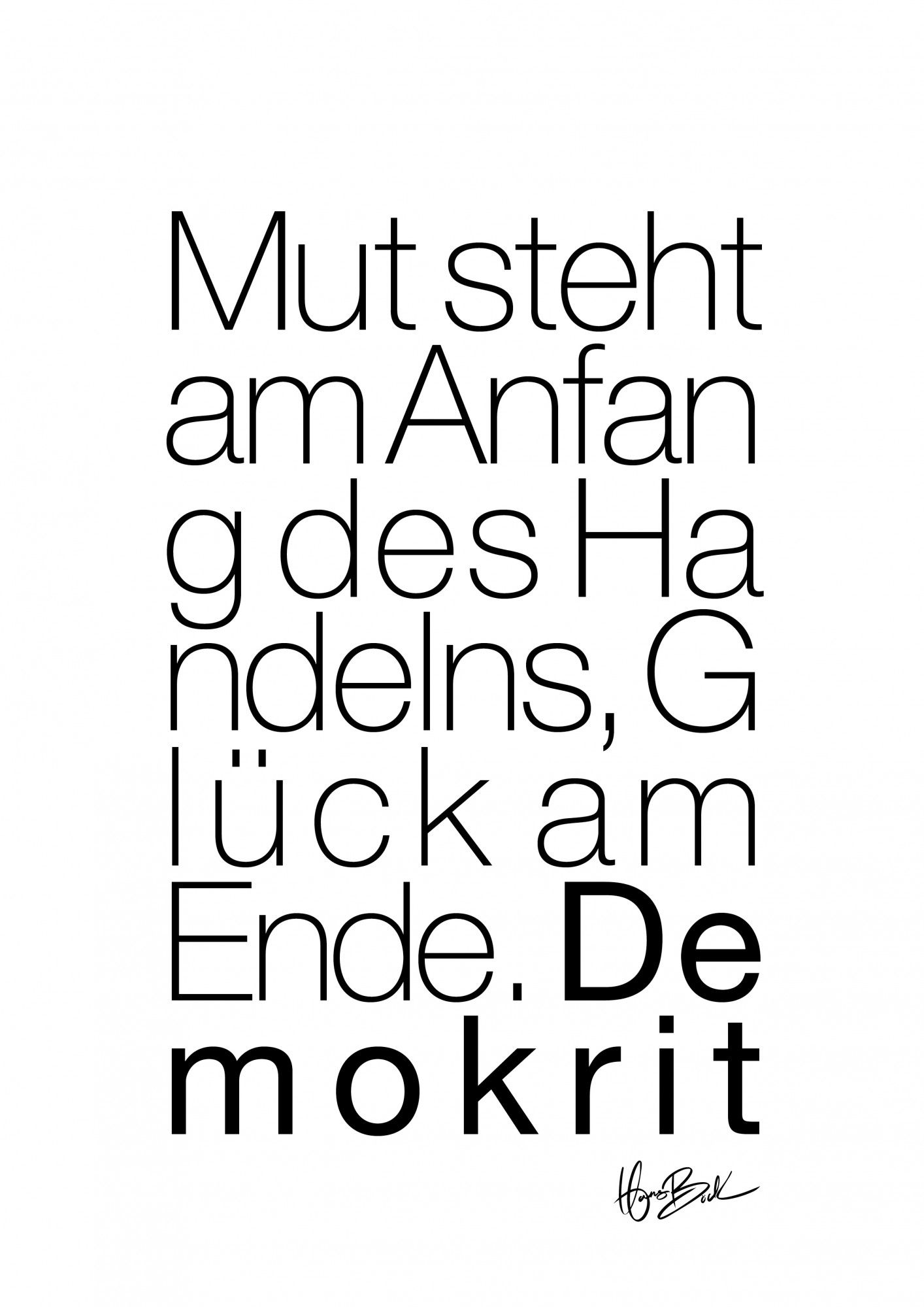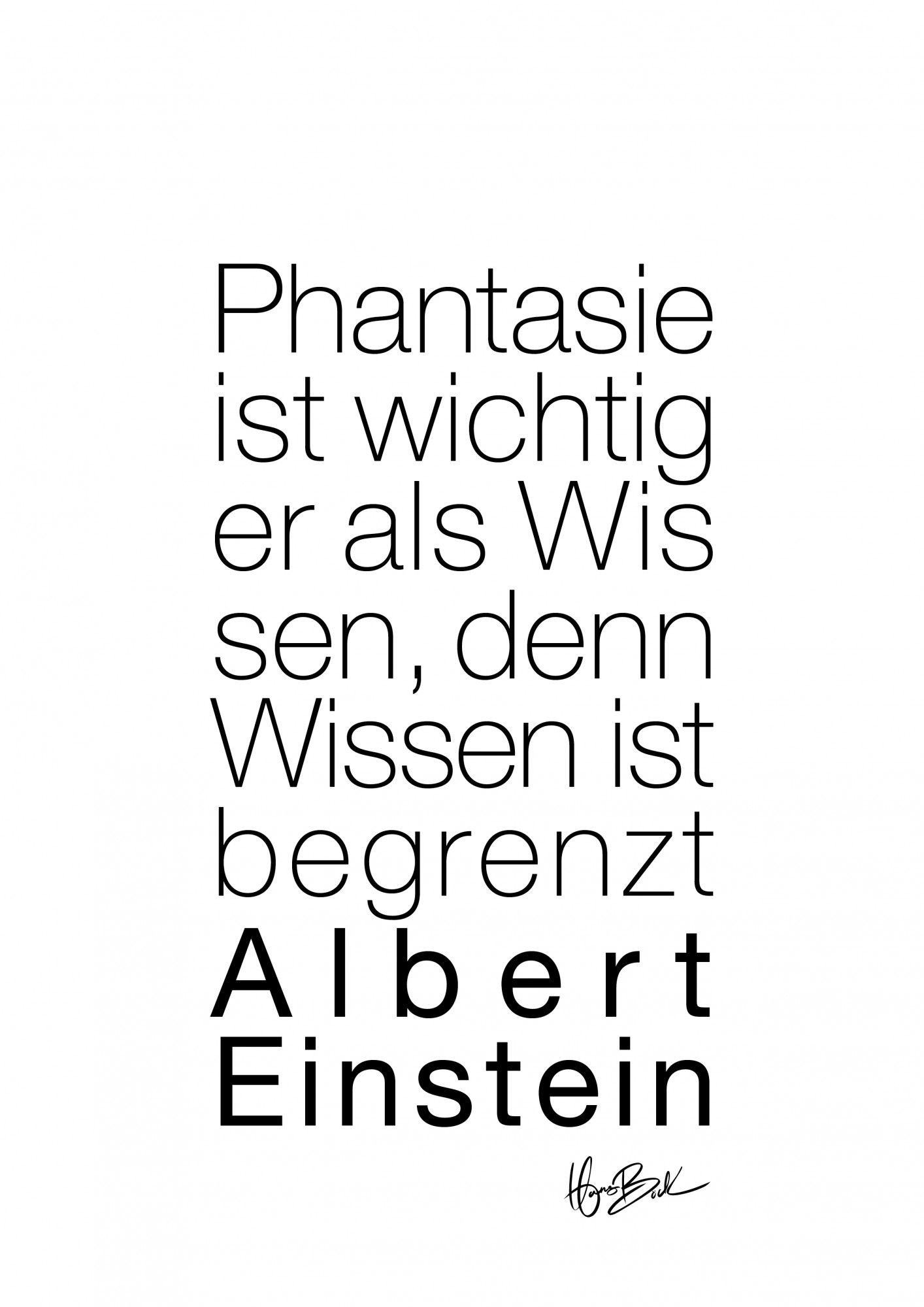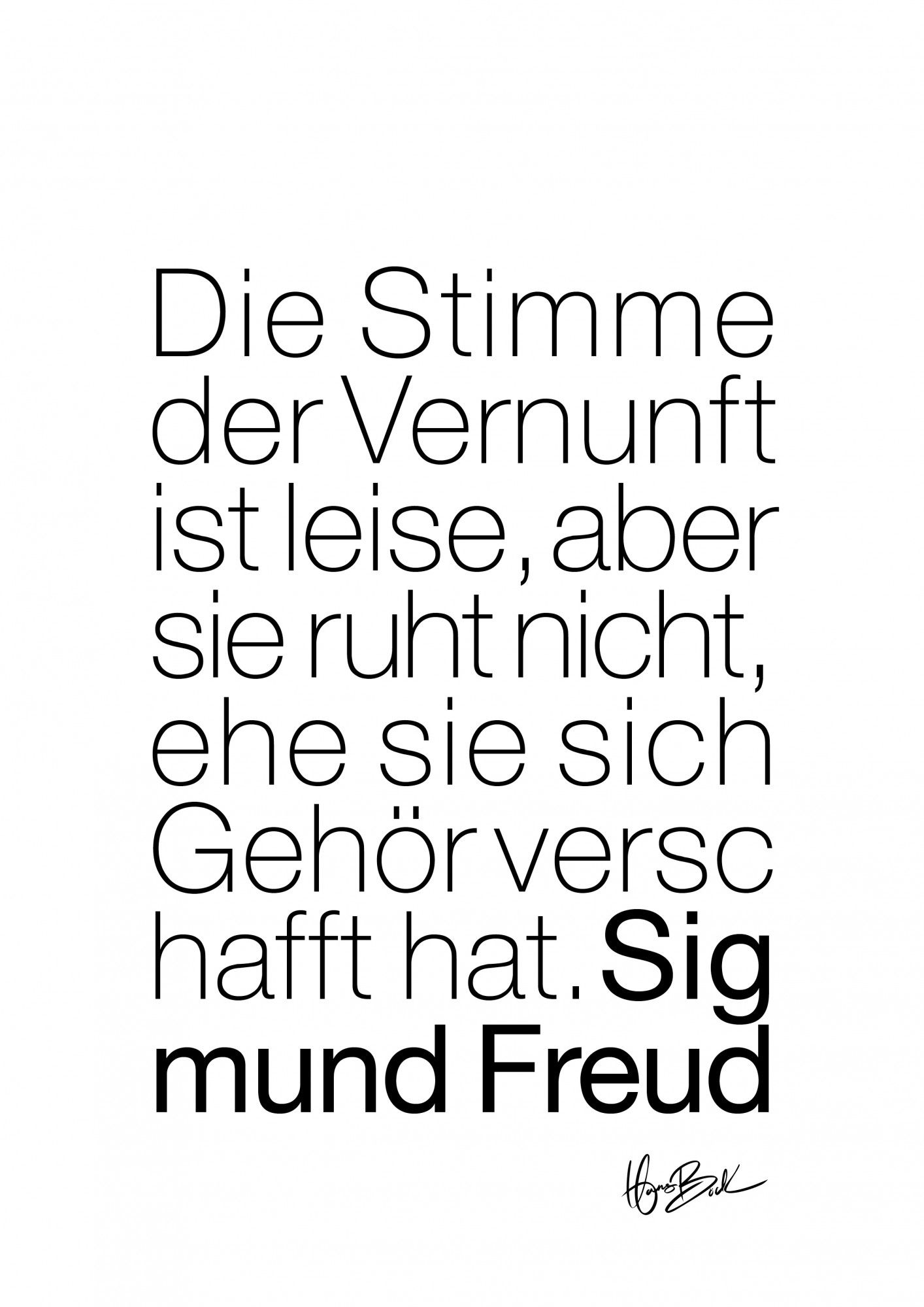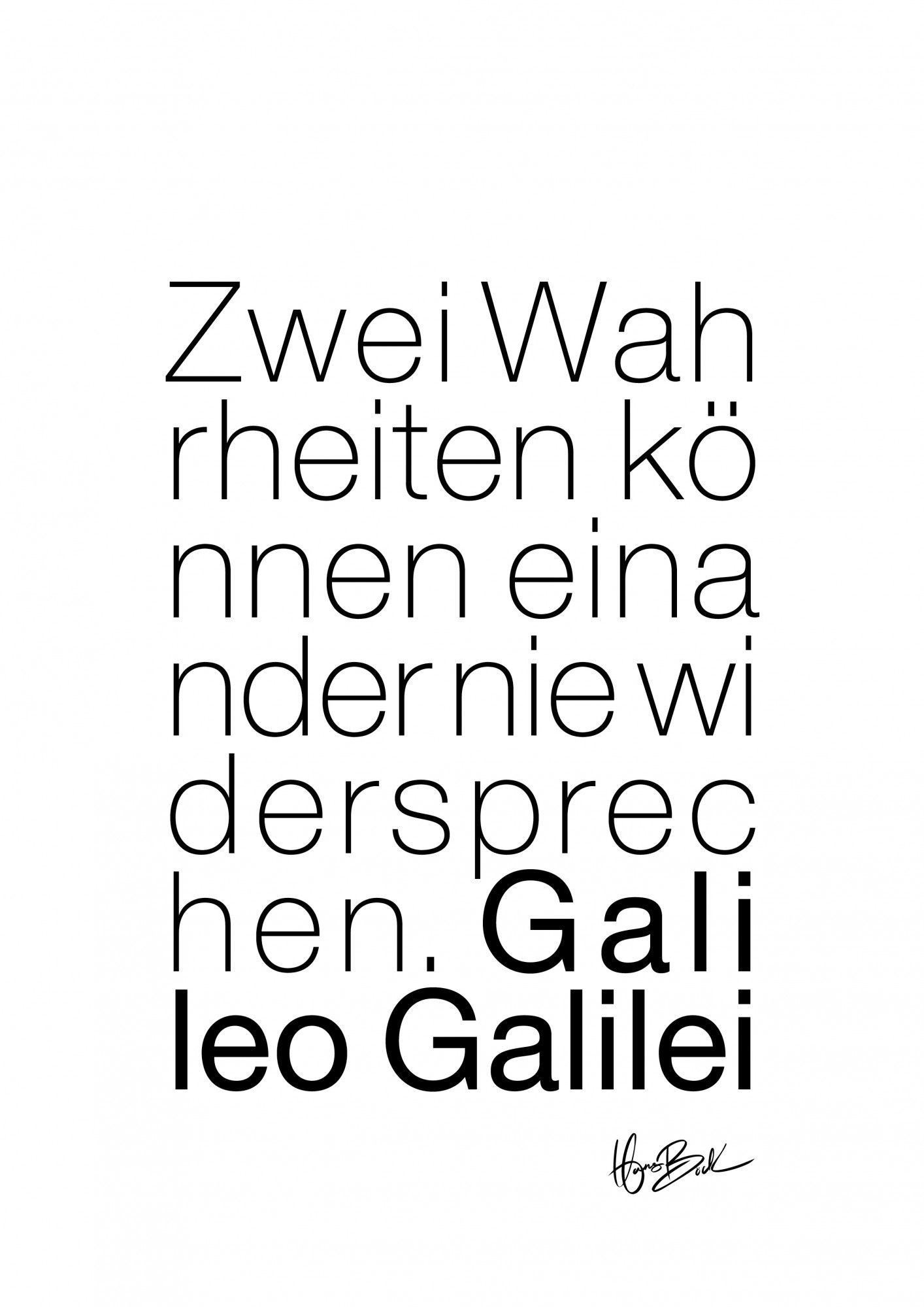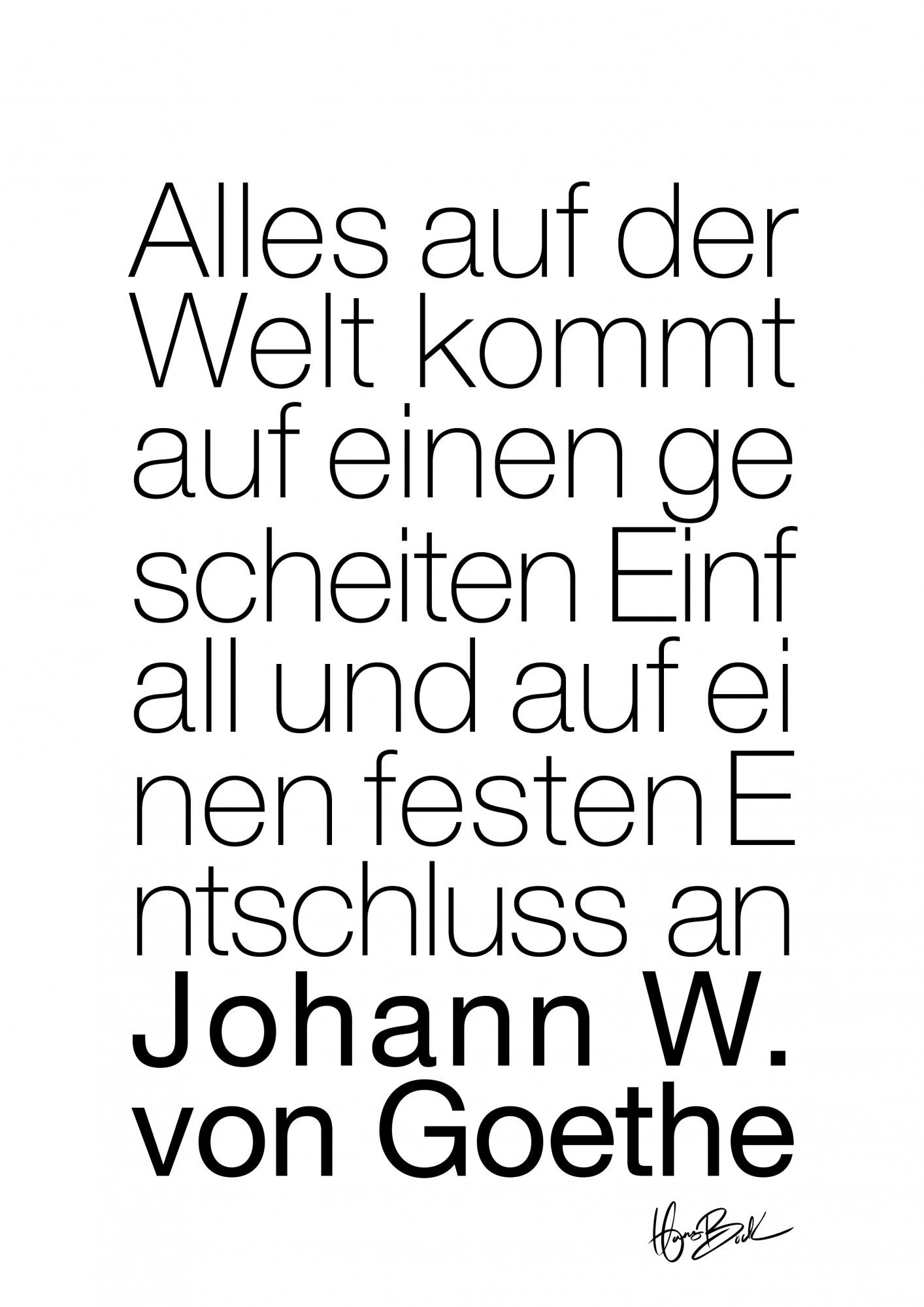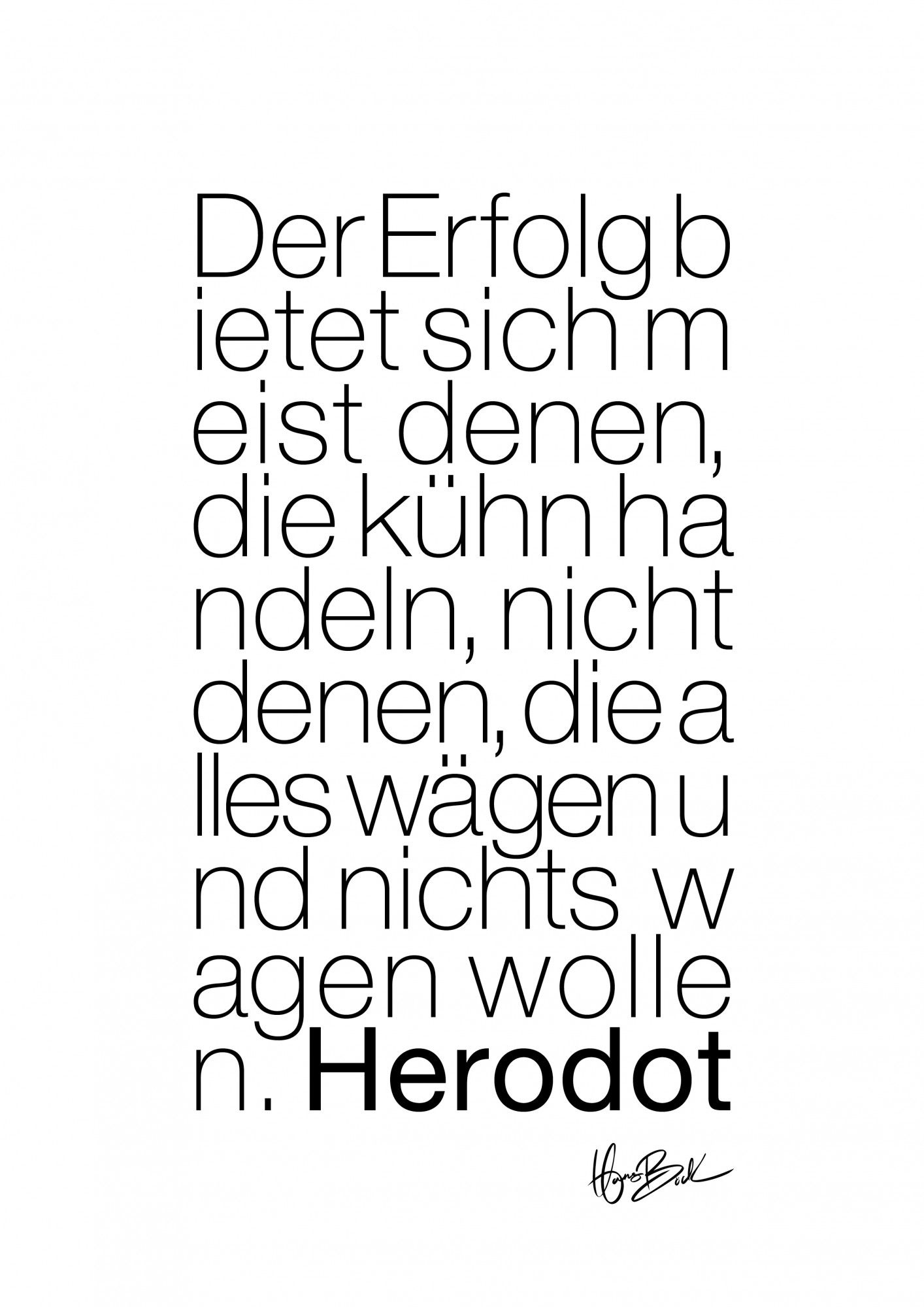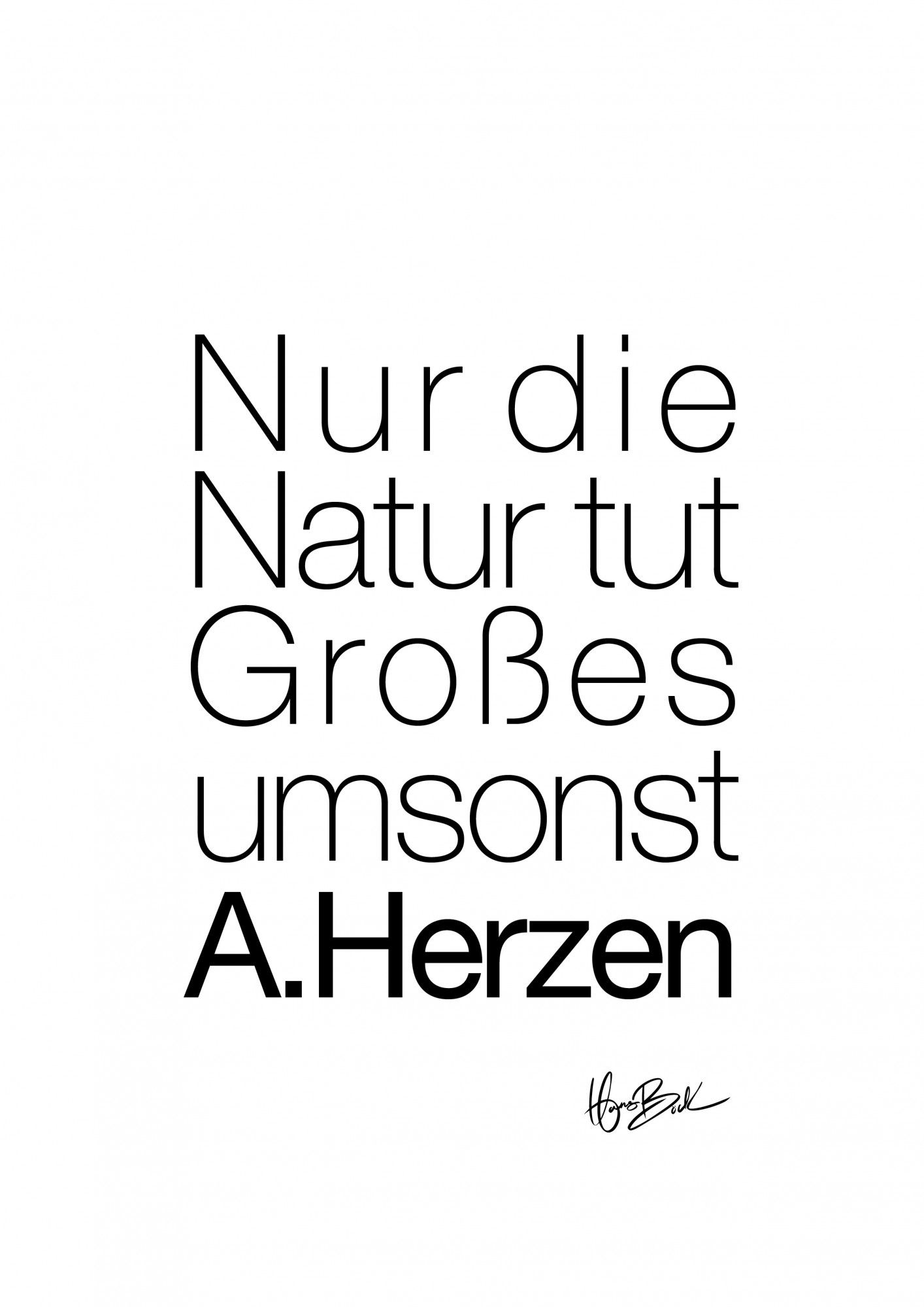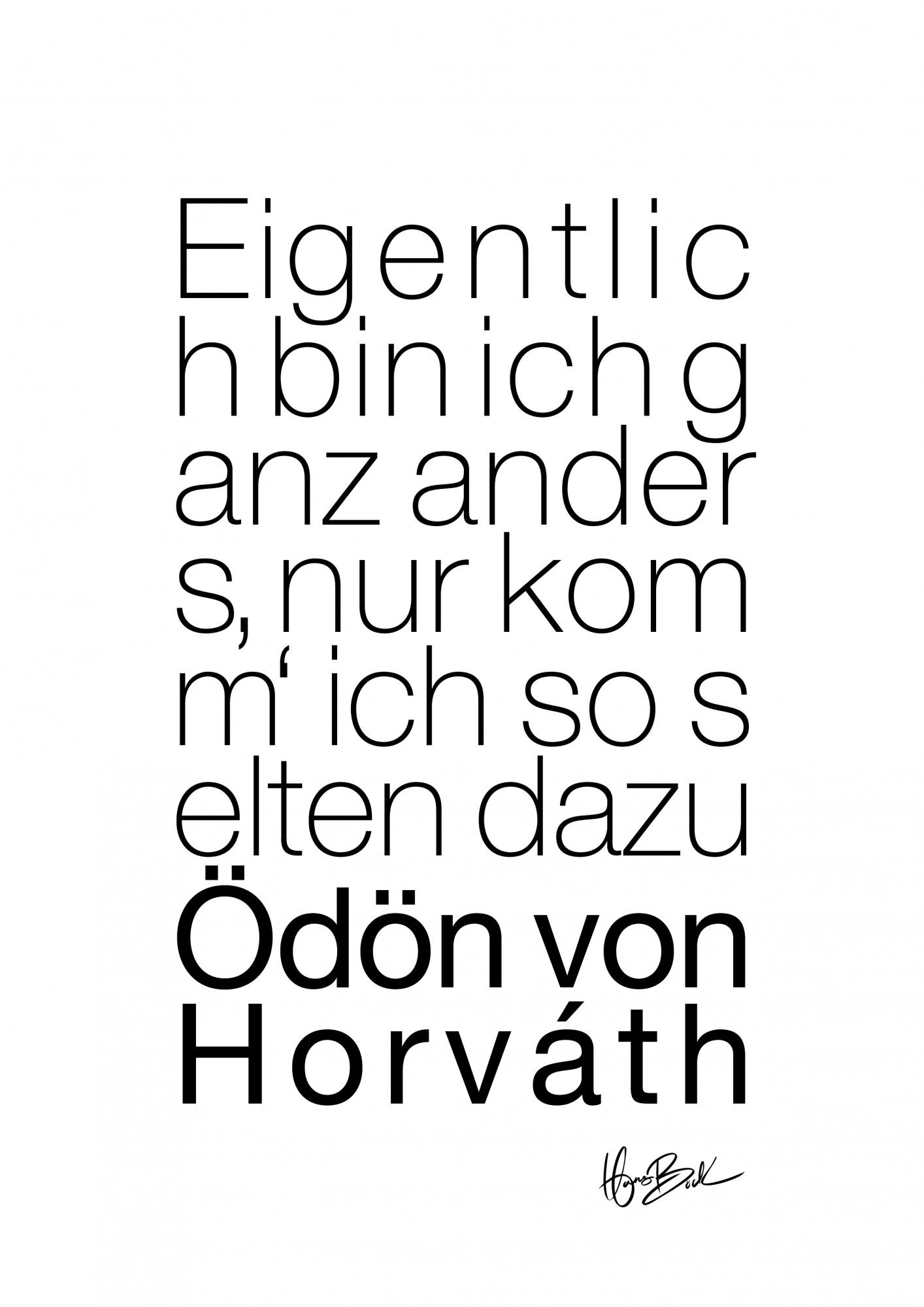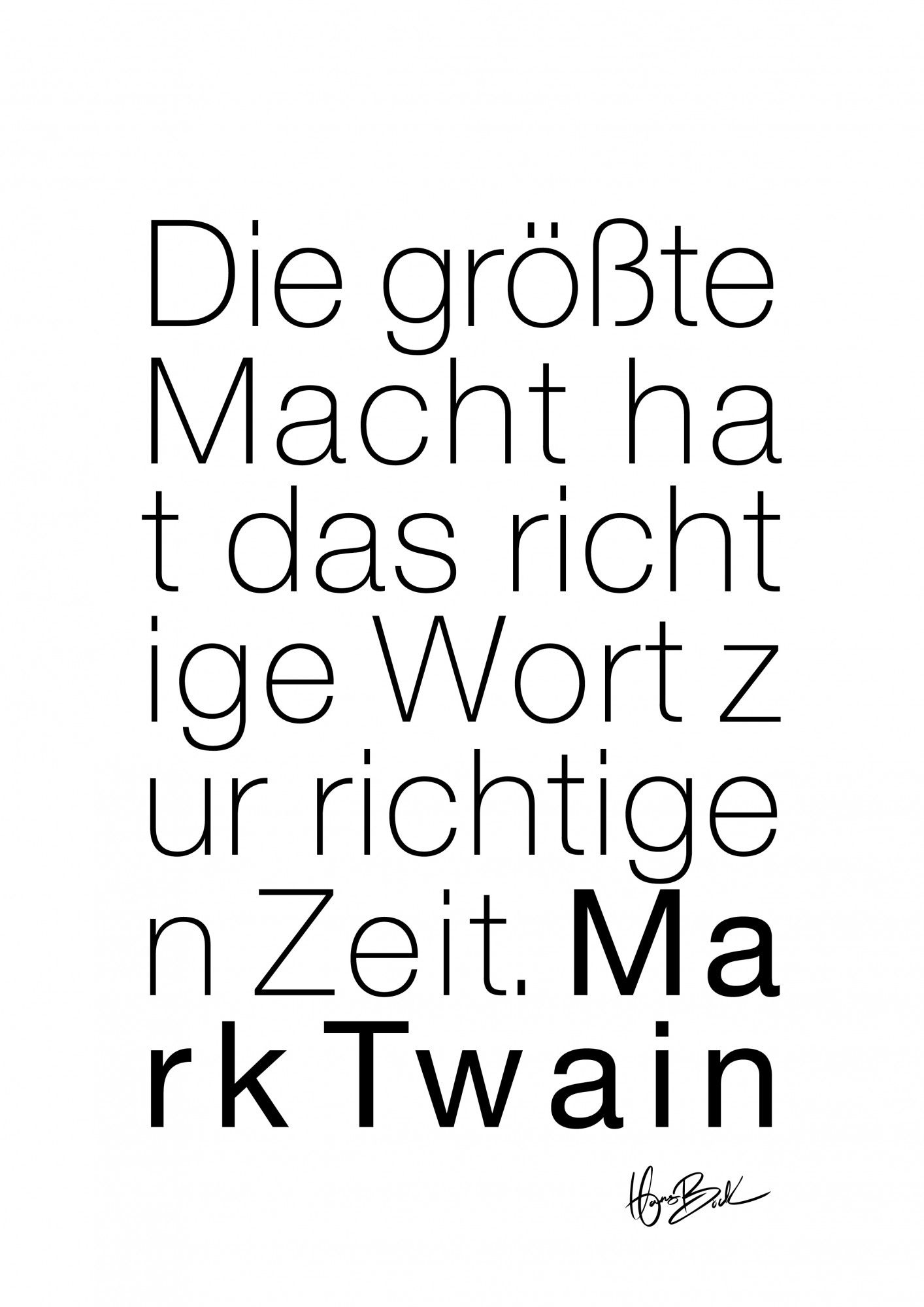Zitate von Baruch de Benedictus Spinoza
Ein bekanntes Zitat von Baruch de Benedictus Spinoza:
Reue nämlich ist Unlust, verbunden mit der Idee seiner selbst als Ursache.
Informationen über Baruch de Benedictus Spinoza
Philosoph, gilt als einer der Begründer der modernen Bibelkritik, "Tractatus de intellectus emendatione", "Ethica, ordine geometrico demonstrata" (Holland, 1632 - 1677).
Baruch de Benedictus Spinoza · Geburtsdatum · Sterbedatum
Baruch de Benedictus Spinoza wäre heute 392 Jahre, 4 Monate, 25 Tage oder 143.320 Tage alt.
Geboren am 24.11.1632 in Amsterdam
Gestorben am 21.02.1677 in Den Haag
Sternzeichen: ♐ Schütze
Unbekannt
Weitere 274 Zitate von Baruch de Benedictus Spinoza
-
Indulge yourself in pleasures only in so far as they are necessary for the preservation of health.
-
Man is a social animal.
-
None are more taken in by flattery than the proud who wish to be first and are not.
-
Only that thing is free which exists by the necessities of its own nature, and is determined in its actions by itself alone.
-
Peace is not absence of war, it is a virtue, a state of mind, a dispositon for benevolence, confidence, justice.
-

-
Peace is not the absence of war, it is a virtue, a state of mind, a disposition for benevolence, confidence, and justice.
-
The greatest pride, or the greatest despondency, is the greatest ignorance of one's self.
-
The world would be happier if men had the same capacity to be silent that they have to speak.
-
There is no fear without some hope, and no hope without some fear.
-
To be what we are, and to become what we are capable of becoming, is the only end of life.
-
True virtue is life under the direction of reason.
-
We feel and know that we are eternal.
-
What we call chance is the refuge of ignorance.
-
Ce que nous appelons hasard est le refuge de l'ignorance.
-
L'amour est la joie accompagnée de l'idée d'une cause extérieure.
-
L'homme libre ne pense à rien moins qu'à la mort, et sa sagesse est une méditation, non de la mort, mais de la vie.
-
L'homme libre qui vit parmi les ignorants, s'applique autant qu'il peut à éviter leurs bienfaits.
-
La béatitude n'est pas le prix de la vertu, mais la vertu elle-même.
-
La haine est la tristesse accompagnée de l'idée d'une cause extérieure.
-
La joie est le passage de l'homme d'une moindre à une plus grande perfection.



